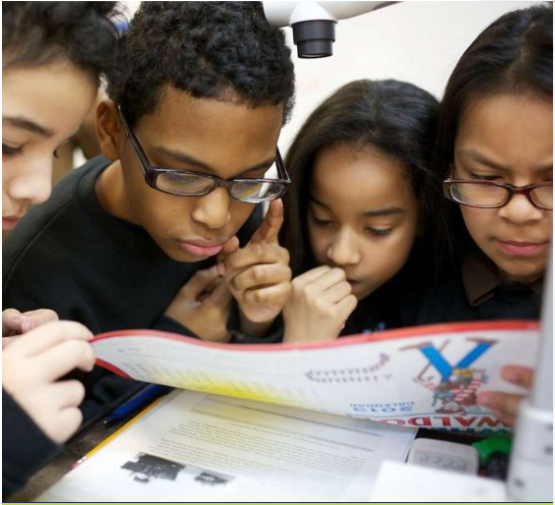
Editor’s note: This post from Bruno V. Manno, senior adviser to the Walton Family Foundation’s K-12 Program and a reimaginED contributor, appeared Friday in the The Messenger.
A wide-ranging national study of U.S. charter schools presents more evidence that this nonprofit enterprise sector of public education is largely a success story. Charter students have reading and math test score gains that are greater than their peers in traditional district public schools, learning an additional 16 days in reading and six days in math. Overall, 83% of charter students perform the same or better than their district peers in reading and 75% perform the same or better in math.
The Center for Research on Educational Outcomes (CREDO) at Stanford University has published three reports since 2009 on the charter sector’s academic successes and struggles — the third was released on June 6. Like other analyses, CREDO’s report shows continuous improvement in charter student academic outcomes over time. CREDO further shows that this progress comes from existing schools getting better, rather than better new schools raising the performance of existing schools.
The general lesson for American K-12 education is that public schools can change a student’s learning path and accelerate academic growth. This is good news as public education seeks ways to solve the problem of pandemic-related learning loss.
To continue reading, go here.


